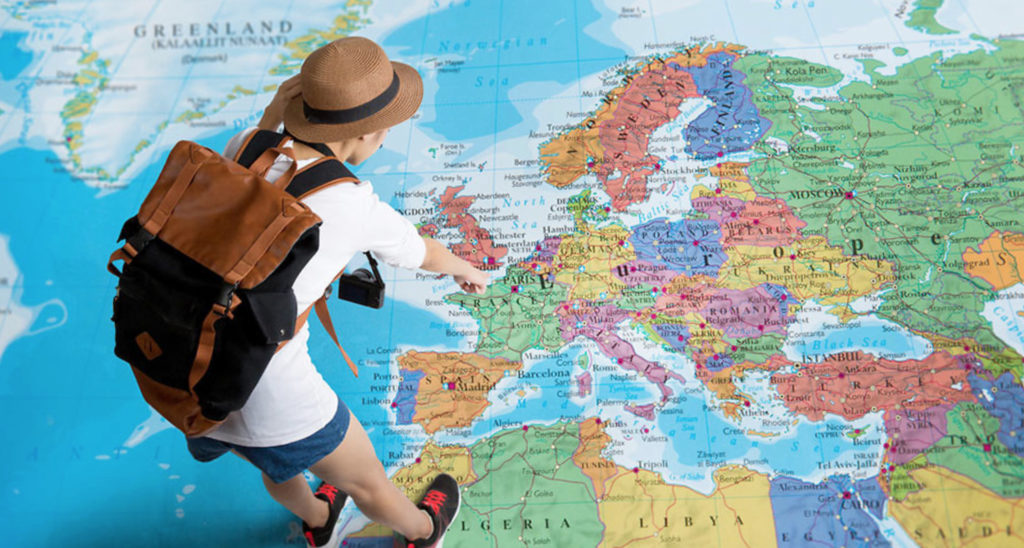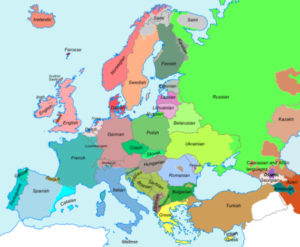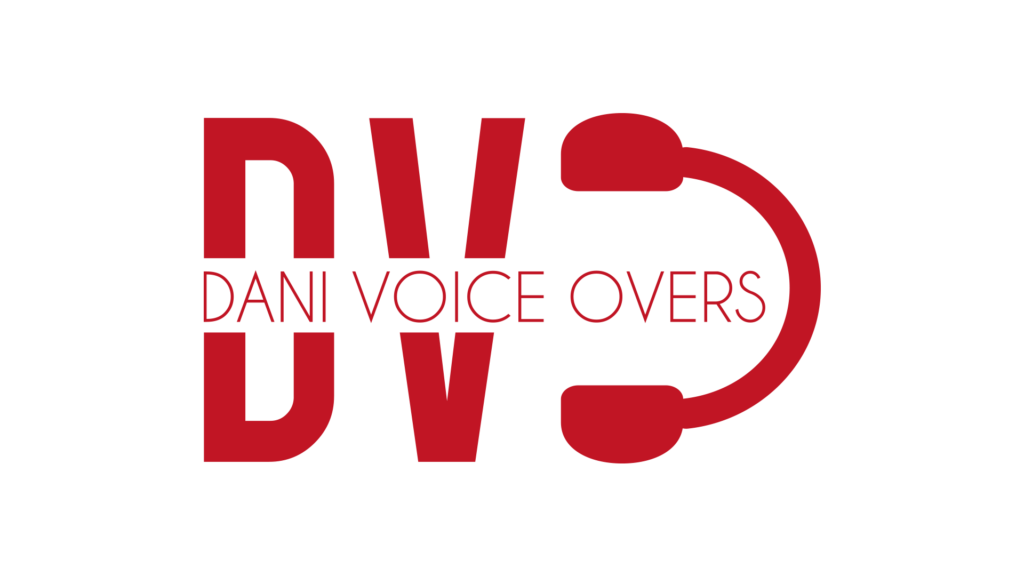
European Languages. Five of the most spoken languages in the world are European: Spanish, English, Portuguese, Russian and German. But in addition to these, Europe has many more languages, some of which, in spite of being co-official in some countries, are regional and minority.
These languages have been historically transmitted from one generation to the next, and nowadays we can find up to 40 million people in Europe who use them.
Related article: The 10 Most Widely Spoken Languages in the World.
But, when it comes to selling, marketing or entertainment, some languages are in higher demand than others, and as a voice over agency you may find yourself in a situation where the language requested by the client is one of those “uncommon” ones.

Below, we are going to show a selection of some of the not-so-well-known or not-so-frequent languages, but which have some demand in the voiceover market. It is not easy to find native speakers in these European languages, but there are some.
Basque.
Spoken in the Basque Country, in northern Spain. It is a language with no provable genealogical relationship with other languages. It is, as a matter of fact, the longest living language in Europe. How does Basque sound like when spoken by a native? Find out.
Catalan.
It is a co-official language of the Spanish autonomous communities of Catalonia, Balearic Islands and Valencia and it is the only official language of Andorra. It has semi-official status in the Italian commune of Alghero. A beautiful language you can listen to here.
Flemish.
It is a variant of the Dutch language spoken in Flanders, the northern part of Belgium, and the Dutch Zelandia Flanders, as well as in the French Flanders. See it for yourself.
Galician.
Spoken in Spain’s north-western region of Galicia. As a romance language, it comes from Latin. It is closely related to Portuguese: in fact, in the Middle Ages, there was a single language, Galician-Portuguese. In Portugal, this ancient language is also known as old Portuguese, and in Galicia, as medieval Galician. Pay attention, listen to them and you will see that they are very similar.
Icelandic.
It belongs to the West Scandinavian group of Norther Germanic languages, just like Faroese, and it is Iceland’s mother tongue. As opposed to what you might expect, it has quite a few differences with the other Nordic languages. Don’t believe it? Check it out.
Welsh.
Of all the Celtic languages, this is, without a doubt, the one that’s most alive. Almost 20% of the population of Wales speaks it. In the 90s the government decided to place Welsh at the same level of importance as English. Of course, it is the official language. Did you know that… in addition to Wales (obviously), it is also spoken in various areas of southern Argentina, specifically in the province of Chubut, where the largest Welsh community outside the British Isles lives.
Gaelic. Irish, Scottish and Manx.
It is a language with lots of mysticism, coming from the Celtic languages. There are three variations: Irish Gaelic, Scottish Gaelic and Manic Gaelic, the latter from the Isle of Man.
In Ireland, Gaelic became the most important language of the island, but the English dominance, and the fear caused by the language to the Crown, made that, little by little, this Celtic language lost some of its transcendence. Of course, it is considered an official language by the European Union.
Scottish Gaelic does not have as much presence in his country as the Irish, and only 1% of the population speaks it. In 2003 the Bòrd na Gàidhlig was founded, an organization aimed at the conservation of this language. Its objective is to ensure that Scottish Gaelic has the same distinction as English, and that it is also considered an official language.
Manx, a linguistic and cultural phenomenon. It is a clear example of the resurrection of a language almost totally disappeared. It is spoken on the island of Man. The last of its native speakers died in the 70s, but thanks to an enormous effort to revive him and ancient records of this language, it was possible to recover it.
Europe is home to 24 official European languages, most of which have the same language family. Most European languages today are descended from Proto-Indo-European language, the language that birthed the huge Indo-European language family that houses most European languages today.
According to UNESCO there are 33 European languages in risk of extinction. You can find all of them in the Interactive Atlas of UNESCO. Hiring professional speakers in these European languages is an almost impossible mission.



One thought on “The Most Uncommon European Languages in Voiceover”
Hi,
I am trying to reach out to the one who handles this blog post https://danivoiceovers.com/en/lesser-known-european-languages/ about European languages but I am not sure who to contact.
Can you help me get in touch with the right team or person? I’ll really appreciate it. Thank you!